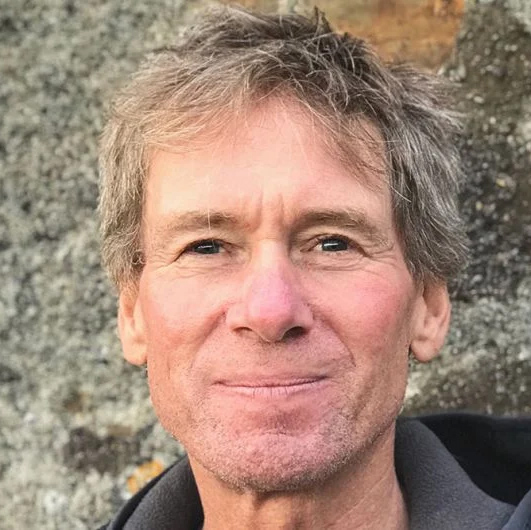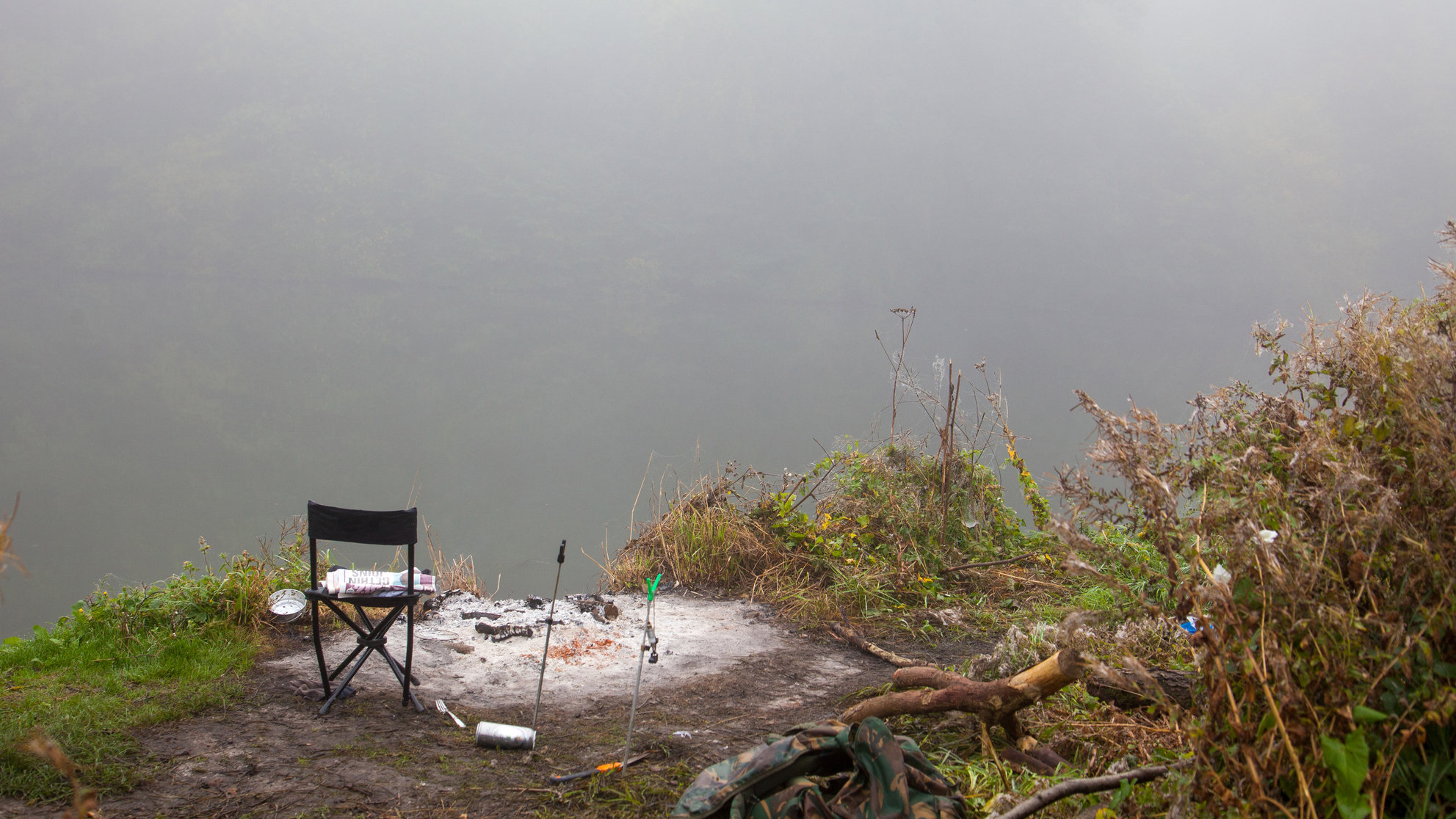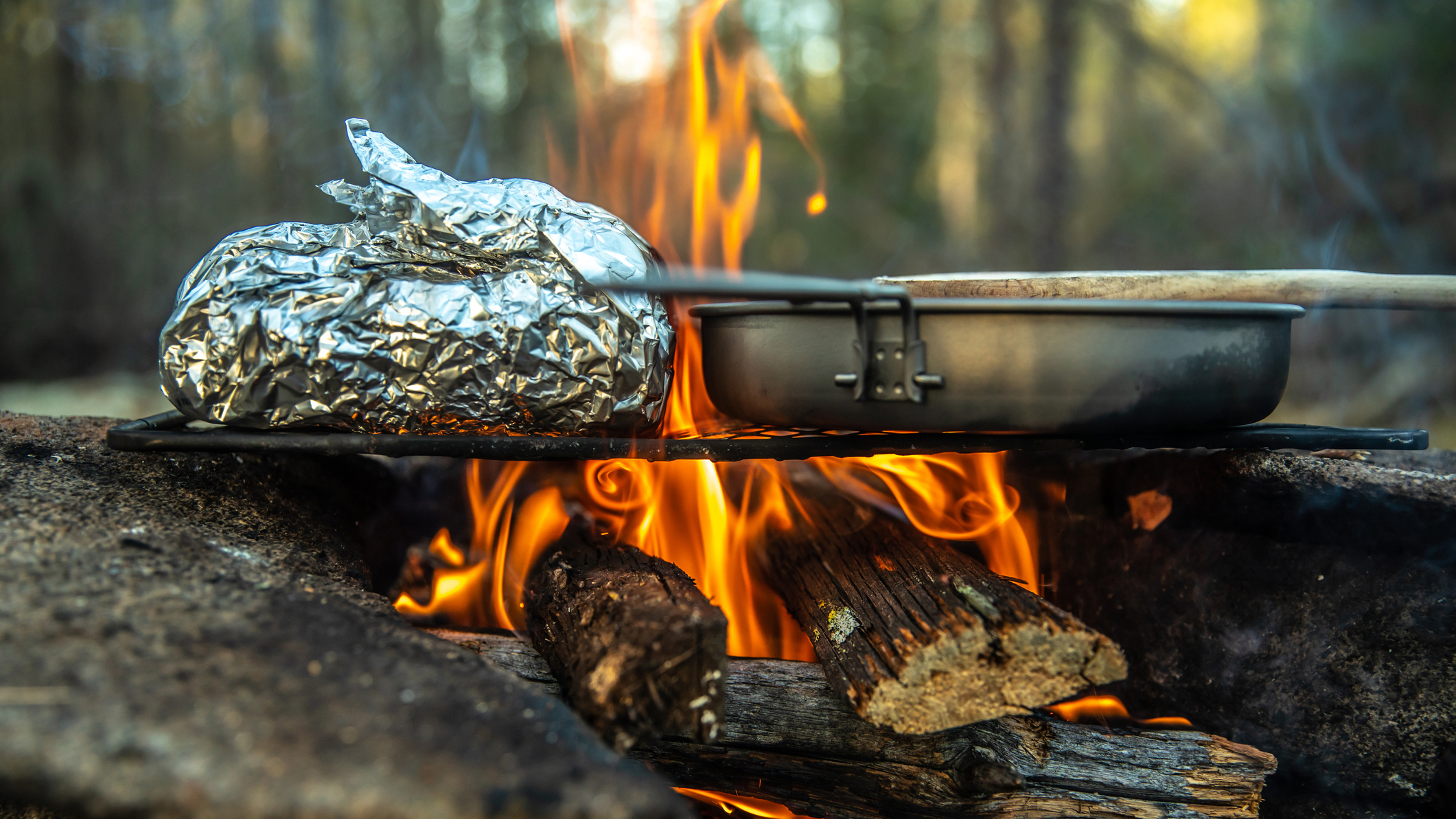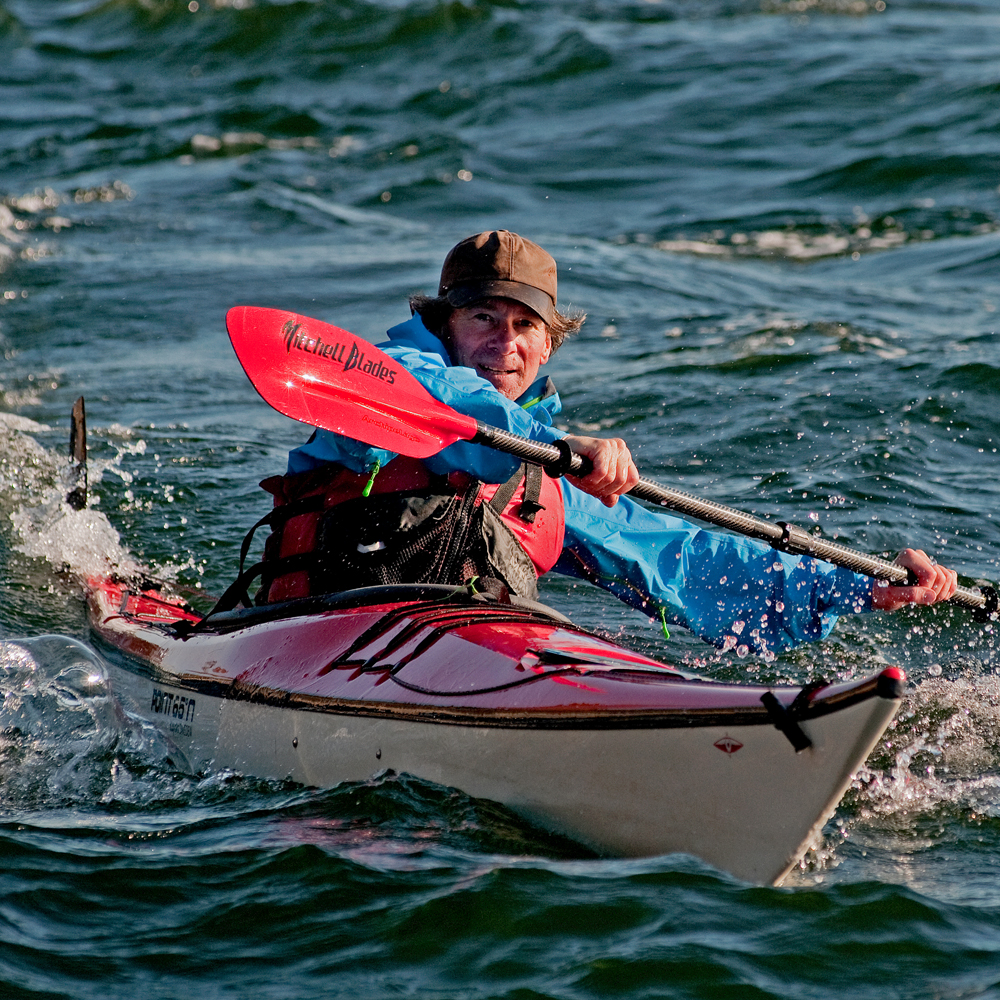Campfires: the bad, the ugly… and... the good?
In this age of wildfires and scars upon the land, irresponsible campfires raise fear and the hackles like nothing else. But are they all bad?

Campfires. Through a certain lens, they're a glorious thing. A centrepiece for so many camping trips, bringing warmth, a social experience and the ability to cook food. For many, they're the very essence of what makes a camping trip in the backcountry special.
On the other hand, they're the potentially dangerous seeds of wildfires and have scarred many landscapes. Some would argue that campfire cooking is hopelessly inefficient compared to cooking up a meal on a camping stove and that campfires are merely the preserve of fuddy-duddy old timers who cling to tradition despite the obvious reasons not to.
Or is it less black and white than that? We delve into the bad, the ugly and the good of campfires...
Meet the expert

An advocate of slow, low-tech adventures, Jasper has lit many campfires during his adventures on five continents. Here, he considers what's acceptable when it comes to igniting a fire in the wild places.
Today's best deals
The bad and the ugly
- Badly managed campfires leave a scar on the landscape
- Worse, they can lead to devastating wildfires
- There are also little nuisances, such as burnt or undercooked food

If a campfire means a huge ring of fire-blackened stones, filled with ash, part-melted plastic and burnt-out tin cans left by unthinking fly-by-nighters in some otherwise pristine camp spot, then yes, they're a bad thing.
And they’re a bad thing, too, when every tree, alive or dead, within a hundred yards gets ripped down to provide a roaring conflagration for an hour or two. Those too-big fires aren't great even on a practical level; too hot to hunker down close to, they burn your front while your back chills.
And the smoke. That's not a good thing – whether it's wet wood pouring out acrid billows, or those malevolent wisps of eye-watering smoke that follow you round whichever side of the fire you sit on.
Something so bad that it would haunt you for life (quite rightly) is being the idiot who lights a small fire which ends up getting completely out of control. In Patagonia in 2005, I walked for a full day across one corner of some 60 square miles of blackened wasteland caused by a hiker recklessly starting a blaze. Whenever I'm in doubt about the wisdom of lighting a fire, I deliberately recall that dismal destroyed landscape, and invariably put the matches back in my pack.
All the latest inspiration, tips and guides to help you plan your next Advnture!
Then there are the lesser inconveniences of campfires. The pot bottoms blackened by flames that take hours to scour clean. They're annoying. Oh, and the burnt – or undercooked – food because there's either too much heat or too little. That's not good either.
Add all that up and you'll be reaching for your double-burner stove and consigning campfires to the Stone Age.
The good
- There's great pleasure in learning the skills of how to properly manage a campfire

But, wait.
If you mean the perfect little blaze you can sit around with friends while you talk and dream long into the night, inspired and entranced by the pictures in the flames, then surely that's the very essence of sleeping outdoors. And the pleasure of learning the skills needed to make just the right fire for a particular job – whether that’s simmering a stew, quick boiling water or burning down well seasoned wood into hot coals for long slow cooking in the embers – that’s all good too.
Like everything to do with the outdoors, there's a real satisfaction in honing ones techniques so that making fire becomes something between a fine art and an exact science. I was taught bushcraft by a Green Beret behind-the-lines surgeon who could build a tiny but hot fire between his legs, hidden from view under a poncho, and boil water without a trace of smoke or setting his crotch on fire. That's very good.
Then there's the little tricks and tips you pick up along the way – often while sharing a campfire with a new friend. Those fire-blackened pot bottoms that are so annoying? Just rub a bit of soap or a dab of washing-up liquid across them before putting them on the flame, and the soot and carbon wipes straight off. That's good to know.
There's a joy in watching your wet hiking socks hanging at just the right distance from a small hot fire, seeing the steam come off them and knowing that tomorrow you'll have dry feet – at least when you set off. It’s a small thing, but it takes on a certain importance when you've spent days out in wet weather.
Oh, and there's something elemental in being able to knock a spark out of a flint, catch it in a ball of tinder and blow it up into a flame, and then start the magical alchemy that turns a few small pieces of dried wood into heat. That's beyond brilliant.
The verdict
I think we've got this sorted. The wrong fire in the wrong place at the wrong time is a very bad thing.
But a fire built to just the right size, tended to skilfully to boil water and cook food on, before being fed with a few dry sticks to provide a low flicker of flame-light to sit next to into the night, leaving some embers to blow-up for coffee in the morning, before what left is dusted away to leave no trace at all… well, that is a very good thing indeed.
After a wild childhood in west Cork, Jasper Winn began embarking on long cycles, walks, horse journeys and kayak trips across five continents – adventures he’s decanted into books, magazine articles, radio and television documentaries. Keen on low-tech but good gear, Jasper is an advocate of slow adventures by paddle, pedal, saddle, boot and sail. He has circumnavigated Ireland by kayak and cycled across the Sahara. Twice. Having ridden north-to-south across Algeria he discovered the only way to get back was to turn round and pedal north again.

